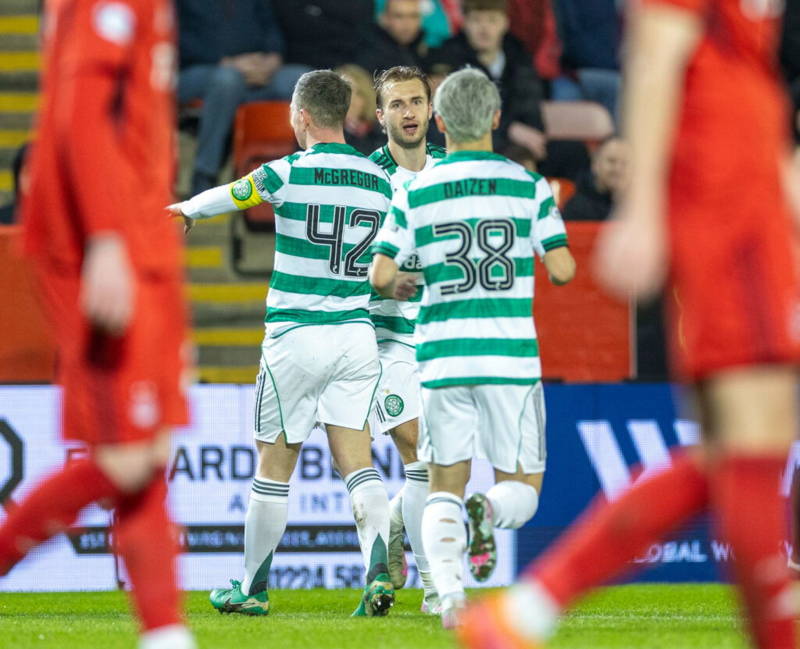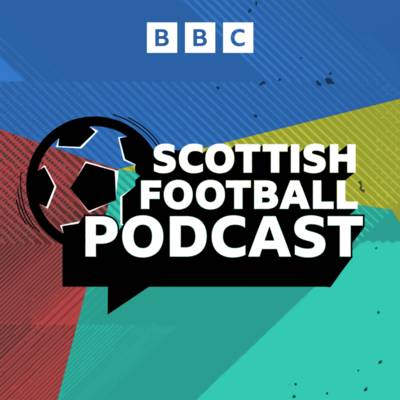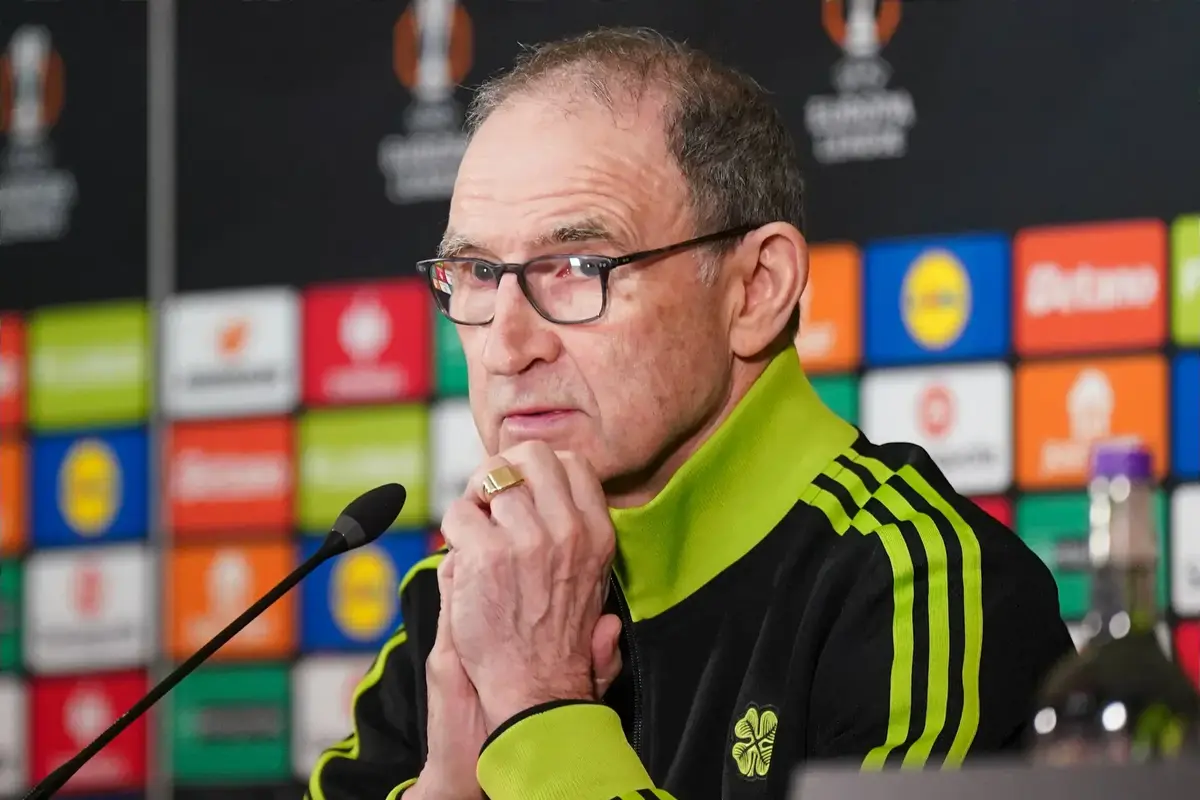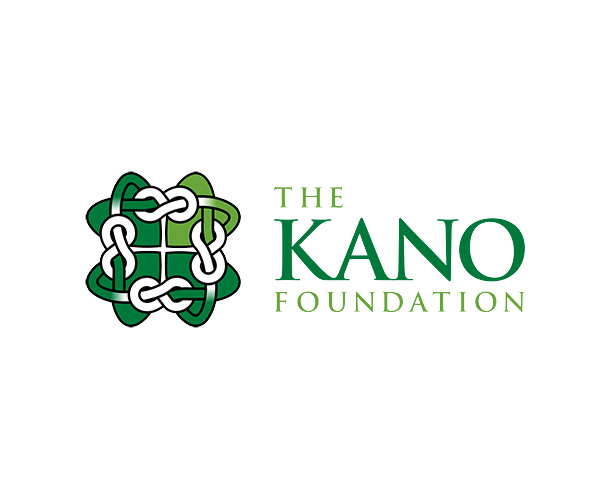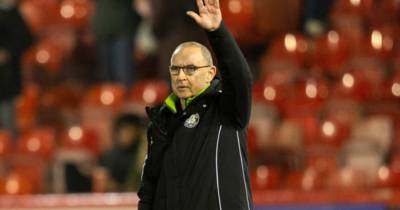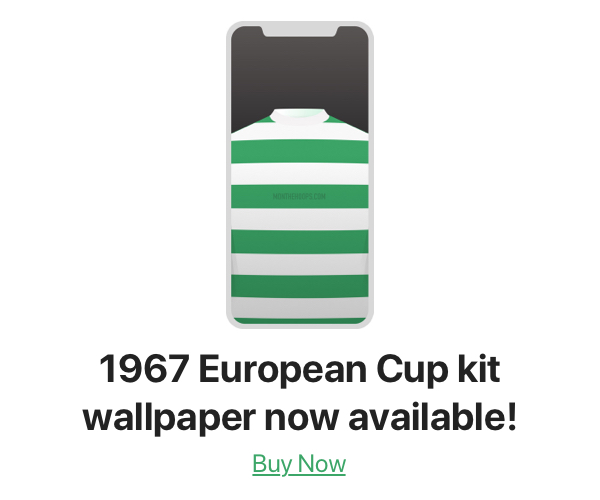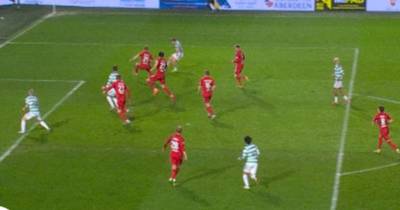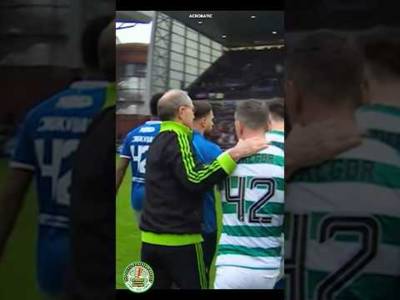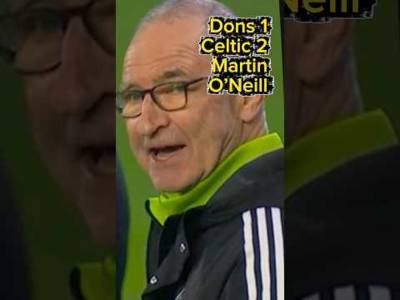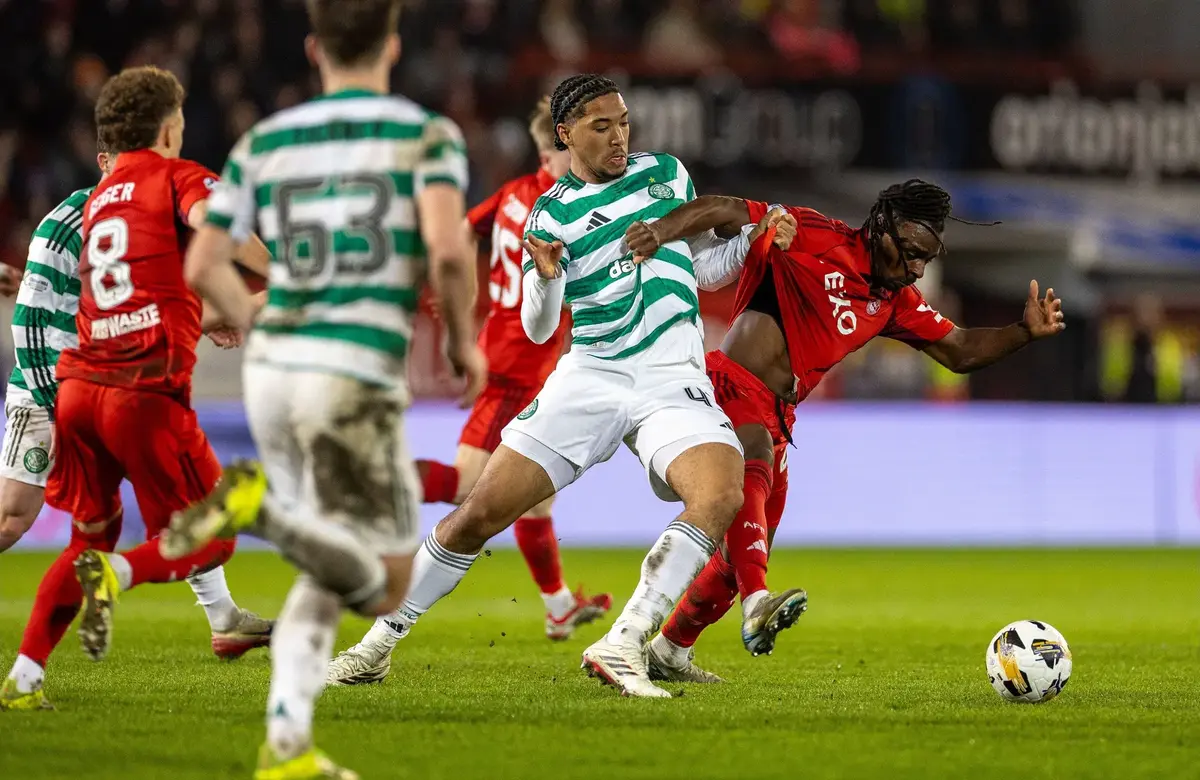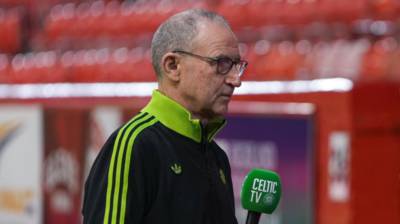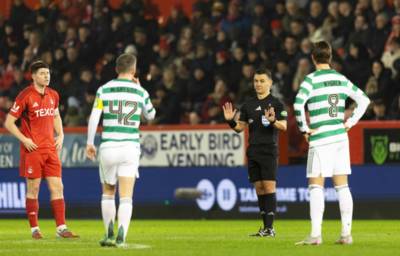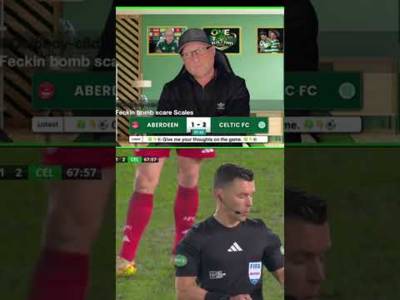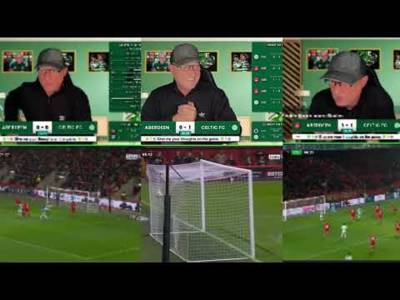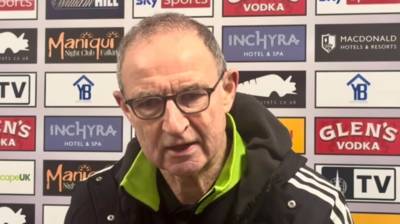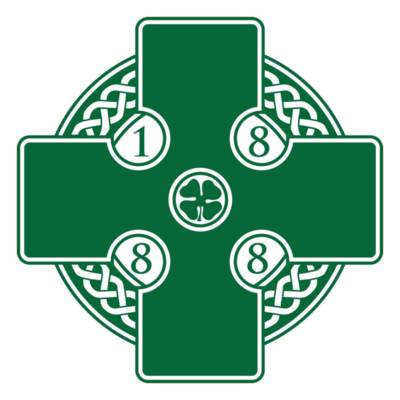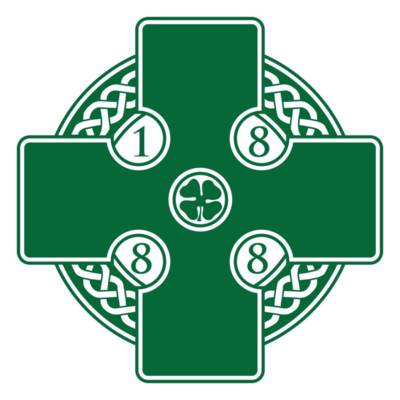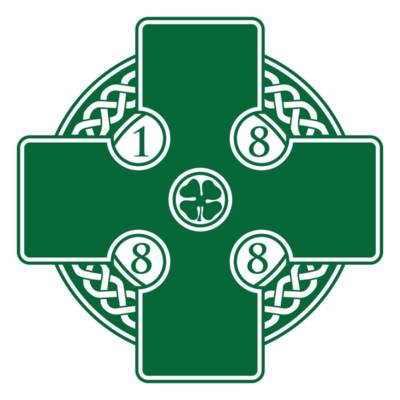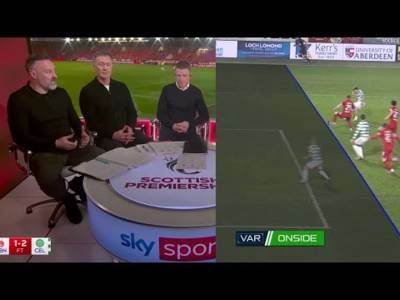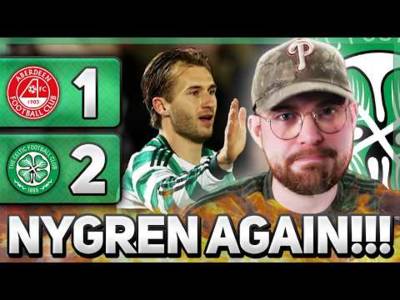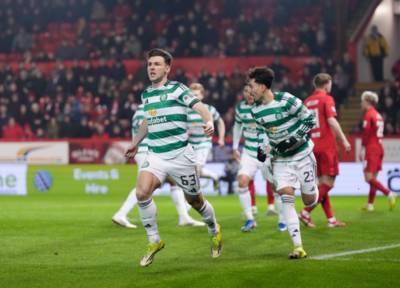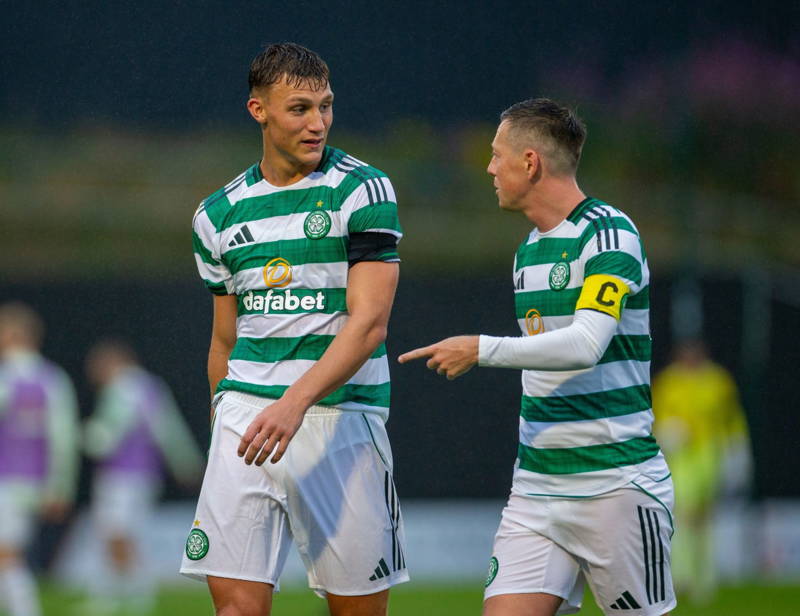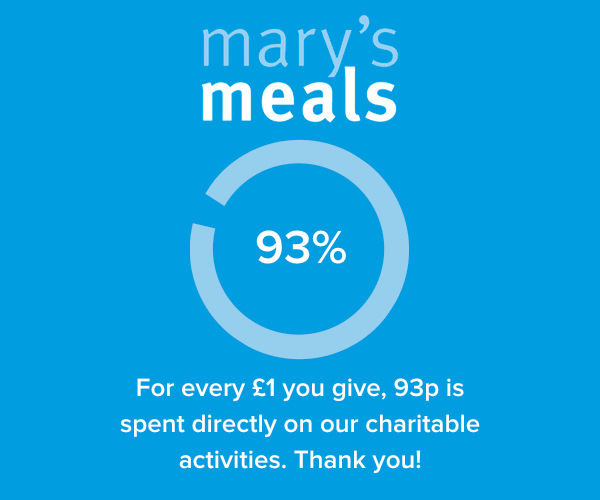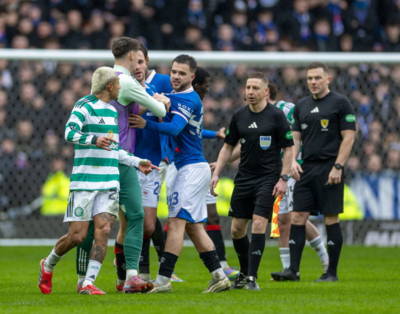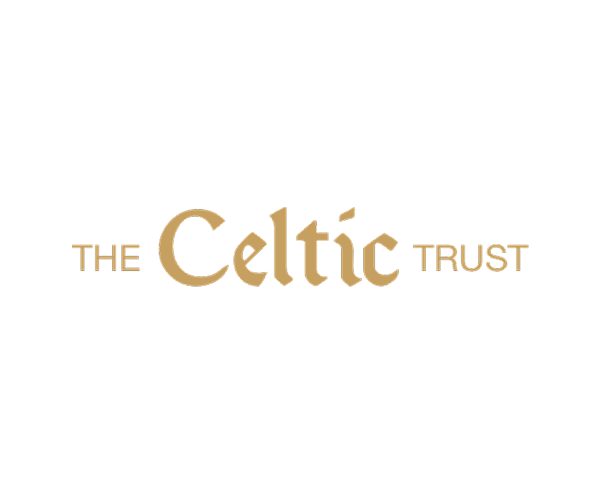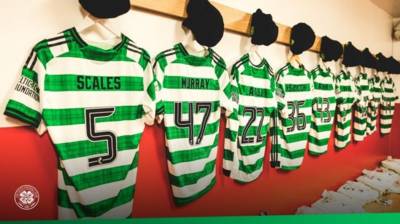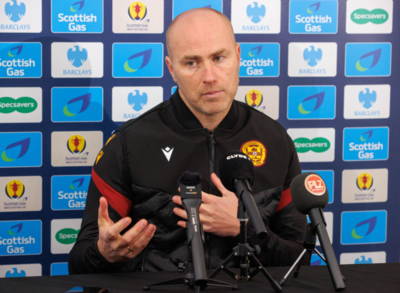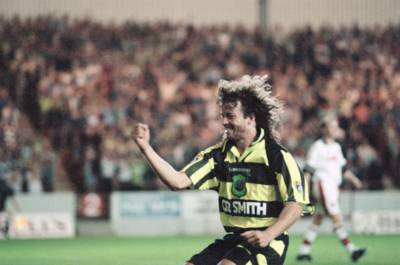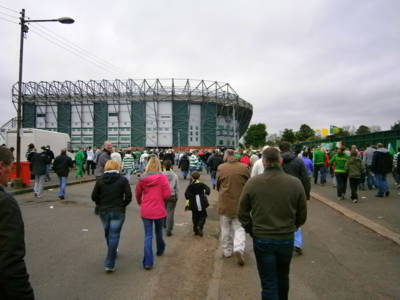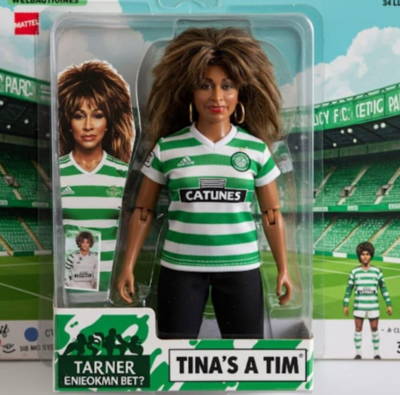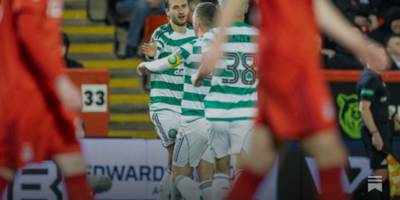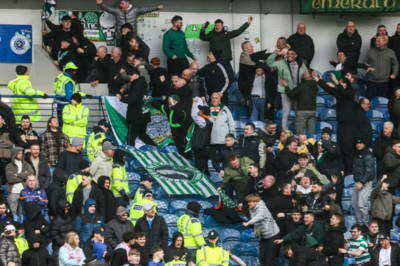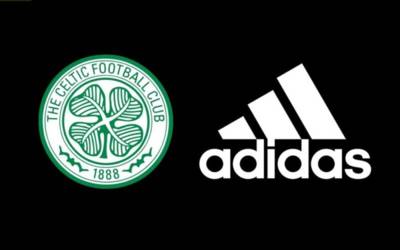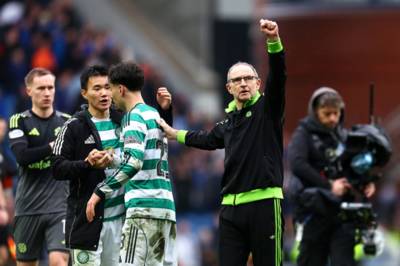The old fellow in the cap sucked on his pipe and waved briefly at the two men in the car, who had kindly pulled onto the grass verge to let him, and his sixty odd sheep, squeeze past them. The single-track road was rutted and narrow and the incessant drizzle had also made it pretty muddy. ‘We should have come in the summer; this weather is worse than back home.’ Paddy said, glancing at the mud splattered sheep. Tam Curran watched as the last of the sheep brushed past the car, ushered on their way by a bright looking sheep dog. ‘We should have parked up on the road and walked the last mile,’ he said to his brother, Paddy, who sat in the passenger seat gazing at his phone. ‘No shit, Sherlock. Easy to be wise after the event.’ Tam sighed and eased the car further down the track until it was blocked by a rusty looking iron gate. He looked at Paddy. ‘End of the road, bawjaws, looks like we’ll need to do the last bit on foot.’ Paddy put his phone in his pocket, ‘Nae signal, but at least we can take pictures to show folk we actually made it.’ The two brothers had travelled to county Sligo on the west coast of Ireland on a mission to visit the birth place of the founder of their favourite football club. Their battered old Fiesta had stuttered out of Glasgow and headed for the Ferry at Cairnryan in south-west Scotland. They had then shared the driving on the 160-mile journey from Larne to Ballymote and had arrived just as the sun was dipping below the horizon. Once they settled into their digs, they had sipped a few pints of Guinness in Doddy’s Bar and agreed to set off on their quest in the morning. A combination of tiredness from the journey and alcohol kept them in their beds much longer than they expected. It was well after lunchtime when they set out on the final leg of their journey. There was a feeling of quiet excitement as Tam opened the boot of the car and took a heavy looking backpack out, before swinging it onto his shoulder. ‘Right, let’s do this, I’ve got the map, big Davie drew when he was here last year.’ Paddy nodded, ‘I cannae believe we’re actually here.’ Tam grinned, ‘I know. The place should have a museum with a decent road but maybe that would spoil it.’ They opened the gate and, after closing it behind them, set off to find the ruined cottage that was once the home of Andrew Kerins. They walked along the side of a field for a few hundred yards until they reached a clump of trees. Tam looked at the rough map drawn by their uncle who had made the trip the previous summer. ‘He looked up and scanned the area carefully. ‘Over this way.’ They walked into the trees and instantly saw the tumbled down little cottage they were looking for. ‘Jeez, it’s tiny, Tam. Our livin’ room is bigger than the whole place.’ Tam opened his backpack and took out the two items he intended leaving in the roofless little cottage. One was a brass crucifix he had bought from a stall in the Barras market in Glasgow. It stood about a foot tall and had a square base that meant he could stand it in a suitable place in the cottage. The other was his grandfather’s Celtic scarf. The old fella insisted they take it along even though it had been all over Europe, as the old fella followed Celtic to Lisbon and beyond. Tam stepped over a pile of stones from the cottage which lay scattered on the muddy ground and into the remains of the cottage itself. The two brothers stood looking around the space trying to imagine what life would have been like for a family living here in the 1840s when Andrew Kerins was a child. Tam placed the Celtic scarf on a pile of stones, before setting the crucifix in a sheltered corner of the room. ‘There ye go, brother. Without you there’d be no Celtic and we’d all be a lot poorer for it.’ His brother touched his elbow, ‘look.’ Tam turned to see a light mist drifting over the fields towards the cottage. ‘Looks like the haar, ye get on the east coast of Scotland.’ His brother looked at him, ‘what’s the haar?’ Paddy watched the rolling mist move closer, ‘it’s like a sea fog. It rolls in and usually disappears just as quickly.’ The mist reached them and seemed to thicken. After a few moments, visibility was completely obscured. Paddy looked at his older brother, ‘this is a bit creepy, eh?’ Tam shrugged, ‘we’d be busy finding the car in this, best tae sit tight till it passes.’ Tam glanced around him and decided to sit in one corner of the small roofless cottage. As he sat gazing at the fog which had closed in completely, he opened his rucksack and took out some sandwiches he had bought at a garage in Sligo. ‘Here,’ he said to his brother, ‘cheese and pickle.’ Paddy needed no second invitation. As Paddy enjoyed his food, Tam thought of young Andrew Kerins playing in and around this cottage as a child. Times must have been hard if he was driven to journey to Glasgow as a teenage boy. He closed his eyes and imagined family life in the cottage. His mother, Mary, cooking for them, his father John working the land around the cottage. When he opened his eyes, it was gloomier, the fog seemed thicker and Paddy was nowhere to be seen. ‘Paddy, where the hell are ye?’ he called. ‘Don’t wander off in this fog.’ There was no reply. He stood up and gazed out into the smoky, white fog. ‘Paddy! Quit yer fannying aboot. It’s not funny.’ He saw the vague outline of a figure in the mist twenty yards away. ‘Over here, ya big daftie. Did ye get lost?’ The figure didn’t respond, it just stood still. Tam was unable to make out if it was a man or woman, such was the thickness of the fog. To his surprise he then saw another indistinct figure, this time smaller, perhaps a child. ‘Are you lost?’ he called out but neither of the wraith like figures in the fog responded. As he looked around him, he saw other figures standing behind the cottage too. Their ghostly outlines seeming to drift in and out of the fog. Then he heard a low voice speaking in what he thought must be Irish, ‘cuimhnigh orainn.’ From behind him another voice, more feminine this time repeated the phrase, ‘cuimhnigh orainn.’ Tam could feel the hair on the back of his neck stand up. ‘Paddy, where the hell are you?’ he said, feeling what could have been mild panic rising in his chest. Other voices were speaking now, ‘cuimhnigh orainn cuimhnigh orainn ’ A hand touched his shoulder and he spun around, his mouth open in fear. His brother’s smiling face was looking at him. ‘Tam, ye nodded off. Ye were shouting me in yer sleep. Must have been some dream.’ Tam realised he was still sitting in the corner of the cottage. He stood, his heart still pounding, and peered out into the fog, seeing that it was thinning as it moved across the fields. Paddy regarded him with an amused look, ‘nightmare?’ Tam exhaled, ‘you could say that.’ He glanced around him, ‘where’s grandad’s Celtic scarf?’ Paddy looked too, ‘no idea, I thought you had it.’ After a fruitless search, they decided to forget it and take some photos before heading back to the car. By the time they set off, the fog had all but lifted and the drive back to Ballymote was uneventful. The brothers had one more stop to make before the long drive north towards the ferry and home. The famine graveyard at St John’s hospital in Sligo was said to contain over 2000 souls lost in the great hunger. Tam and Paddy gazed at the metal sculpture of a lone bush. A plaque beside it read ‘Reilig an Ghorta Mhóir. You are entering a long abandoned Famine Graveyard. Here ends ‘Casan na Marbh’, Pathway of Death, so named because unnumbered thousands perished following its grim passage from rotted fields to odious workhouse to ignominious burial. May they feel the warmth of a tear! May they hear the piper’s lament, May they know we, the survivors, keep vigil.’ Paddy and Tam stood silently for a long moment, feeling the enormity of the tragedy that had occurred here. After a few moments contemplation, they walked around the graveyard for a while longer. A man stood gazing at large circle of stones set into the ground. In the centre of the circle, a large Celtic cross had also been embedded into the earth. The two brothers stood beside him. ‘Is this someone’s grave too?’ Tam asked the elderly man. He nodded, and replied in a soft Irish accent, ‘this is the children’s grave. Hundreds of the poor little angels are resting here.’ Tam shook his head, ‘Jesus, how does a country recover from that?’ The man nodded, ‘we still haven’t.’ They stood in silence for a moment before Tam asked the grey-haired old fella, ‘do you speak Irish, by any chance?’ The man looked at him with kind blue eyes, ‘I do indeed.’ Tam replied, ‘can you tell me what, ‘cuimhnigh orainn,’ means. Then smiled a poignant little smile and answered, ‘it means, ‘remember us.’ A fitting phrase for such a place.’ As the brothers walked towards the gate of the graveyard, Tam was quiet. His brother looked at him, ‘you ok, mate?’ He nodded, the dream I had in the cottage. The figures in the fog kept saying, ‘cuimhnigh orainn.’ Do you not think that’s odd?’ Paddy shrugged, ‘Dreams are usually odd. I think losing grandad’s Celtic scarf is more odd.’ As they neared the exit, Paddy glanced at a tall Celtic cross and stopped in his tracks. ‘Would you look at that now!’ Tam followed his brothers gaze and saw his grandfather’s Celtic scarf draped over the monument. ‘Now that is strange,’ said Paddy. ‘Just leave it there,’ Tam replied. As they walked from the graveyard to the car, Tam glanced back. ‘We’ll remember you. Every time we pass Walfrid’s statue. We’ll remember.’ He sat in the car and started the engine. They had a long drive home.
Remember us
Don't Let it Be Forgot · Apr 19, 2025
Remember us
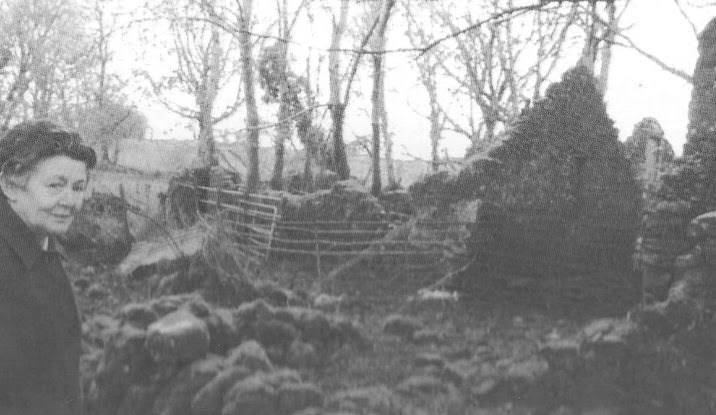
Remember us
Read Next: Returning to the past could allow Celtic to build for the future
